Sports legends of the 1950s who changed the game forever
The 1950s were a revolutionary time in the world of sports, with athletes who were not just players but pioneers. This decade saw the rise of iconic figures who redefined their respective sports, setting standards and inspiring generations to come.
As television started to become a household staple, these sports stars became larger-than-life figures, their feats broadcasted to millions, cementing their places in history.
The Rise of Television and Its Impact on Sports
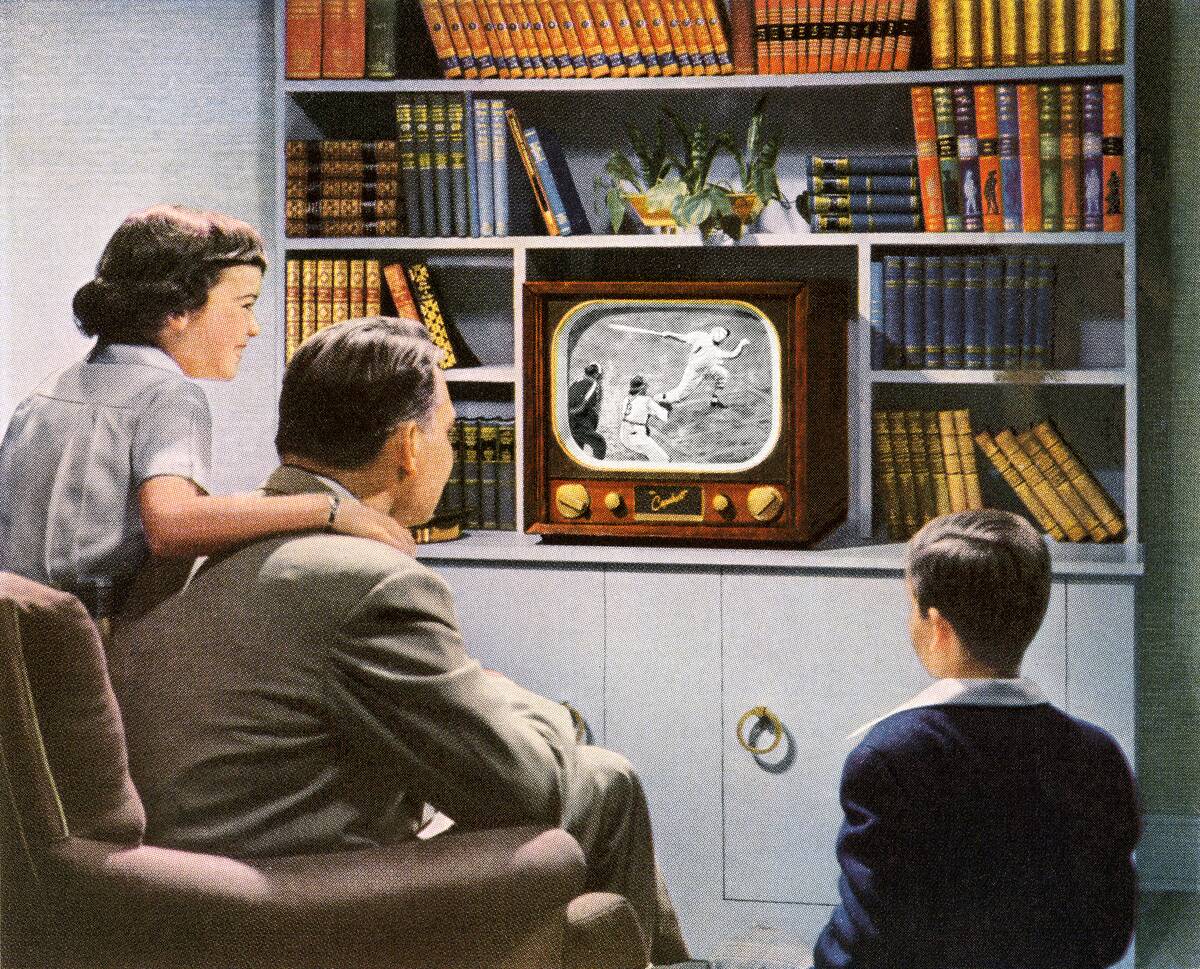
Television transformed sports from a local pastime to a national obsession in the 1950s. With games being broadcasted live, fans could now watch their favorite teams and players from the comfort of their living rooms.
This accessibility boosted the popularity of sports like baseball and football, turning athletes into celebrities. TV deals also generated significant revenue for leagues, which helped fund improvements in stadiums and training facilities.
Baseball’s Golden Era: The Unforgettable Stars
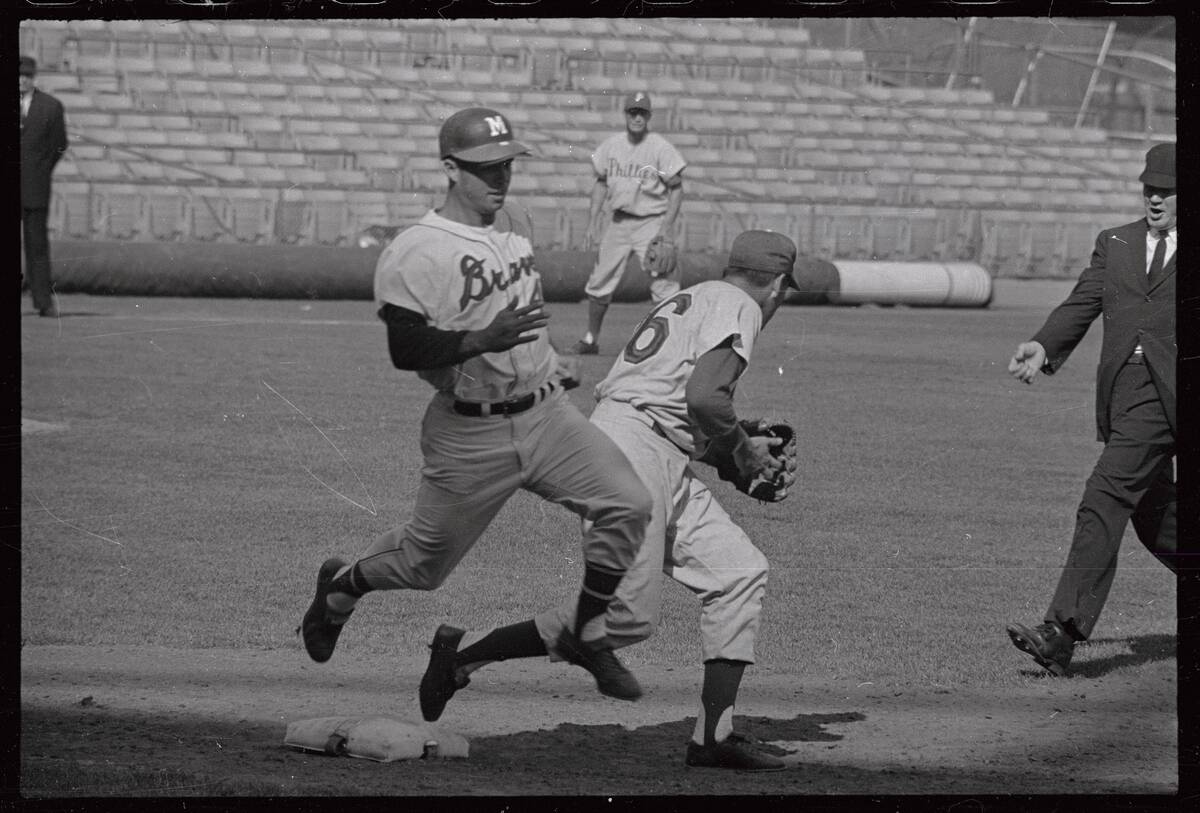
Baseball in the 1950s was nothing short of magical, with players who became legends. This era is fondly remembered for its roster of incredible talent, including the likes of Willie Mays and Hank Aaron.
These athletes brought a level of excitement and skill to the game that had fans flocking to ballparks across the country. Their legendary performances and records still resonate in the annals of baseball history.
The Legendary Jackie Robinson: Breaking Barriers
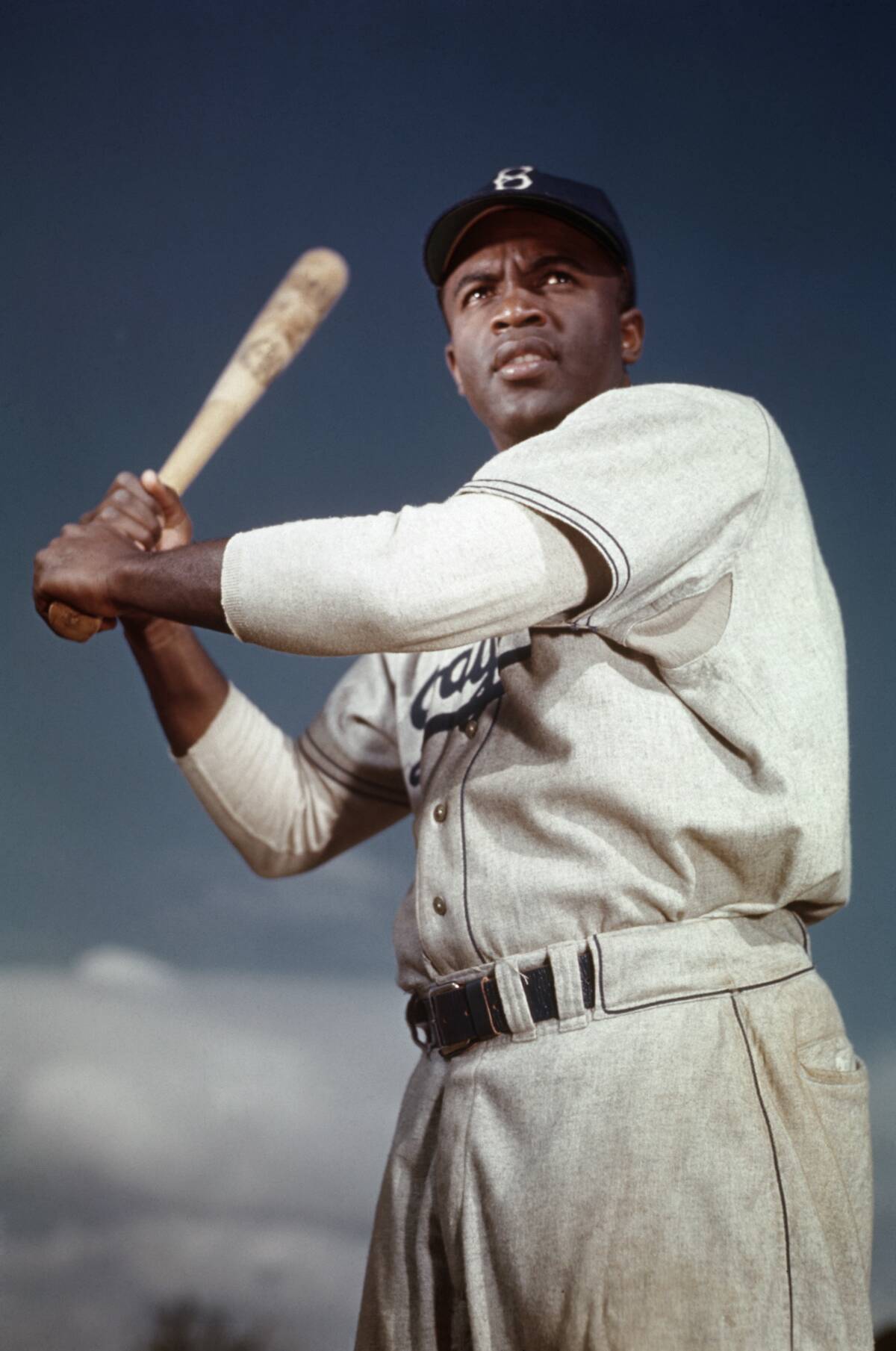
Jackie Robinson made history in 1947, and his influence extended well into the 1950s. As the first African American to play in Major League Baseball, Robinson broke the color barrier, paving the way for future generations of athletes.
His courage and determination in the face of adversity not only changed the game of baseball but also made a profound impact on the civil rights movement, advocating for equality both on and off the field.
Mickey Mantle: A Switch-Hitting Sensation
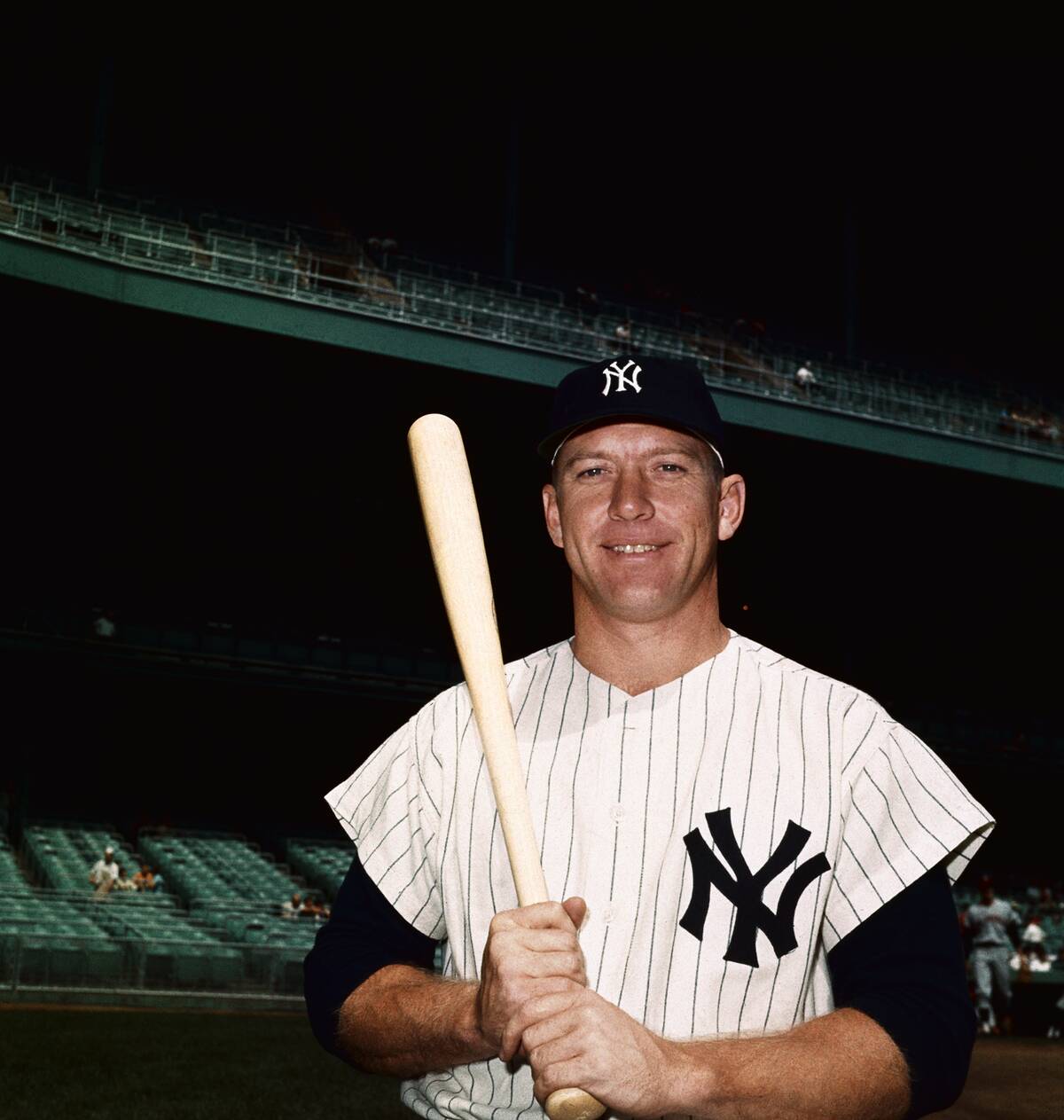
Mickey Mantle, the Yankees’ prodigious switch-hitter, became a symbol of baseball excellence in the 1950s. Known for his impressive power and speed, Mantle hit 536 career home runs. His ability to hit from both sides of the plate with such prowess set him apart.
Despite battling injuries, Mantle’s relentless drive and talent captivated fans, earning him a place among the greatest in baseball lore.
The Splendid Splinter: Ted Williams’ Impact on Hitting
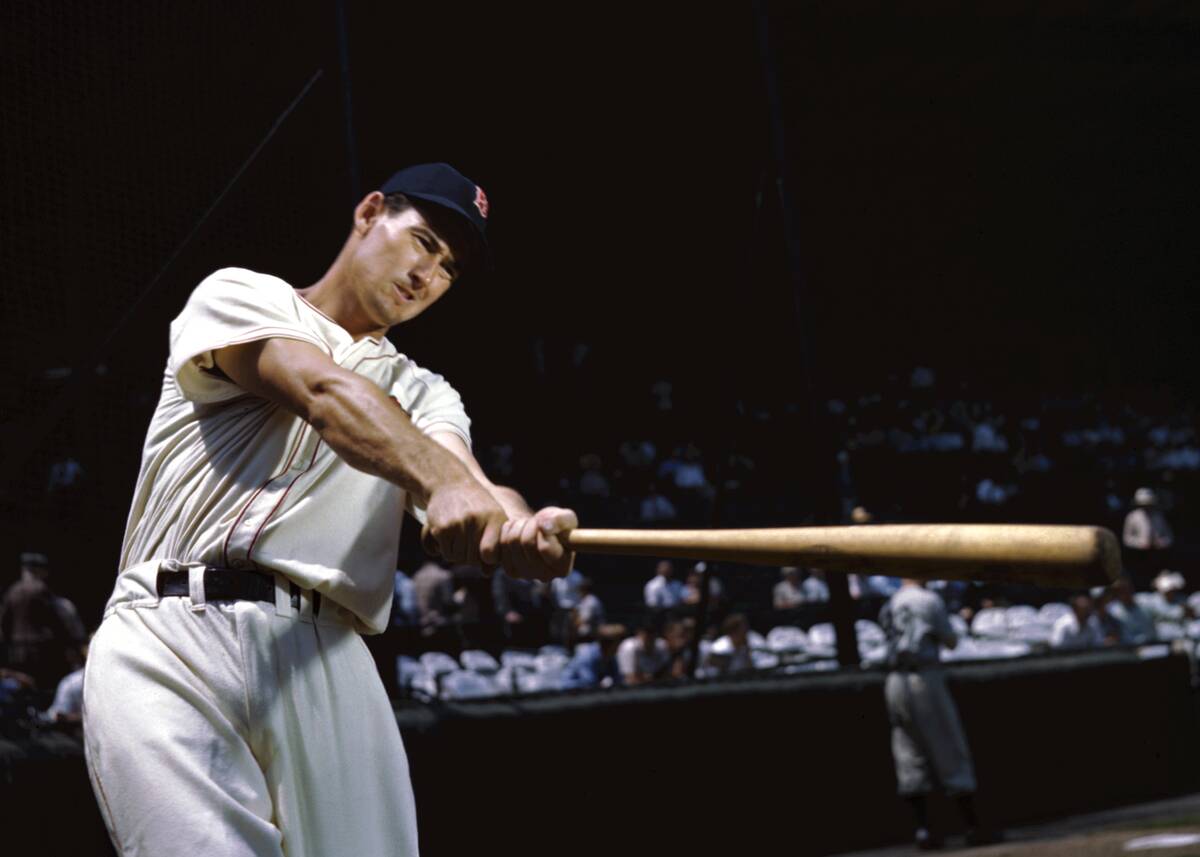
Ted Williams, often referred to as “The Splendid Splinter,” left an indelible mark on baseball during the 1950s. Renowned for his exceptional batting skills, Williams boasted a career batting average of .344.
His disciplined approach at the plate and scientific study of hitting revolutionized the art of batting. Williams’ legacy as one of the game’s greatest hitters remains unchallenged, inspiring future generations to emulate his dedication.
The Basketball Revolution: From Hoops to Heroes
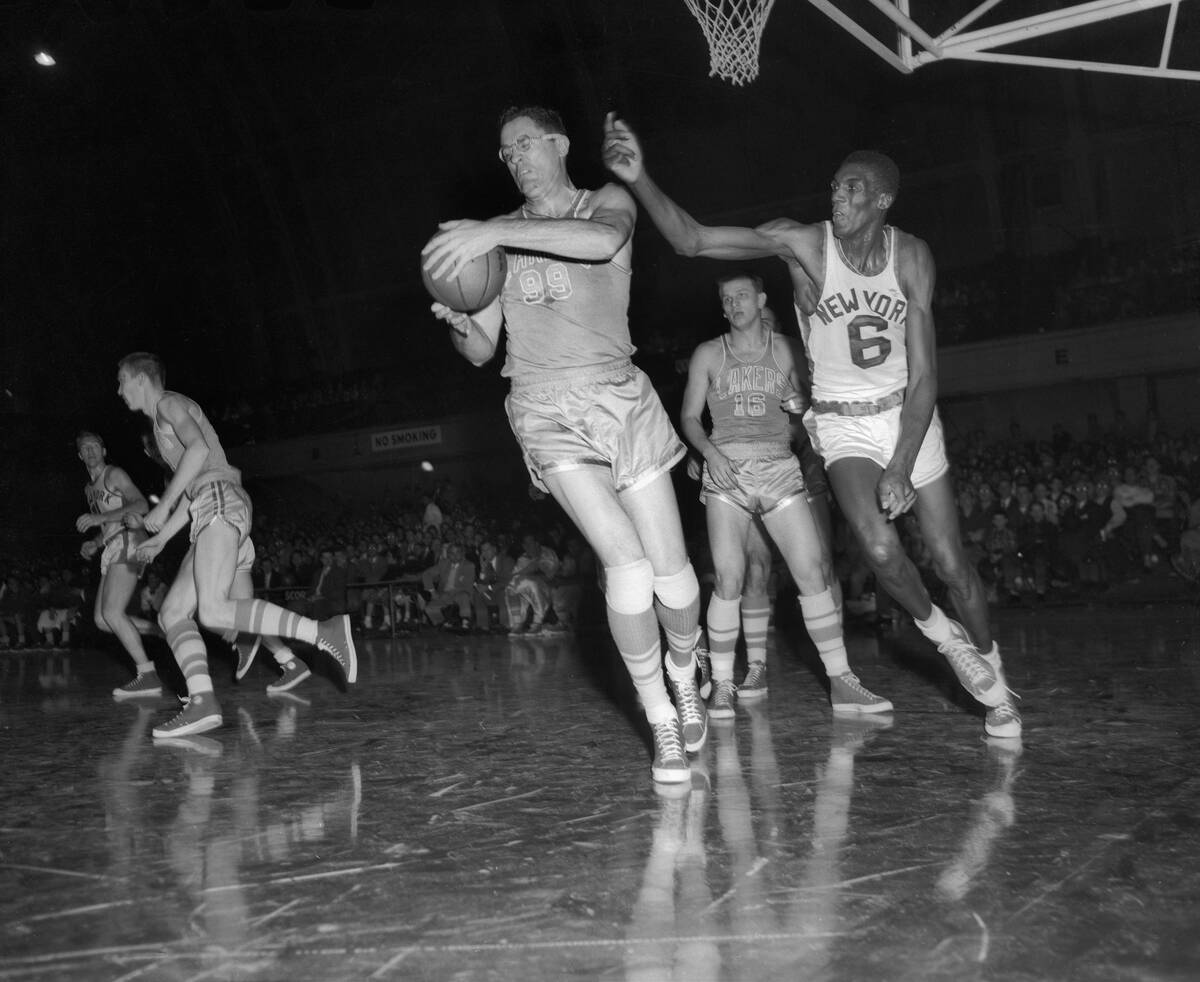
The 1950s were pivotal for basketball, transitioning it from a college-centric sport to a professional spectacle. The NBA began to gain traction, thanks to players who brought flair and competitiveness to the court.
Innovations in playing style and strategy flourished, setting the stage for the modern game. As the NBA grew, so did its stars, who became household names and heroes for aspiring players worldwide.
Bill Russell: The Defensive Dynamo of the Court
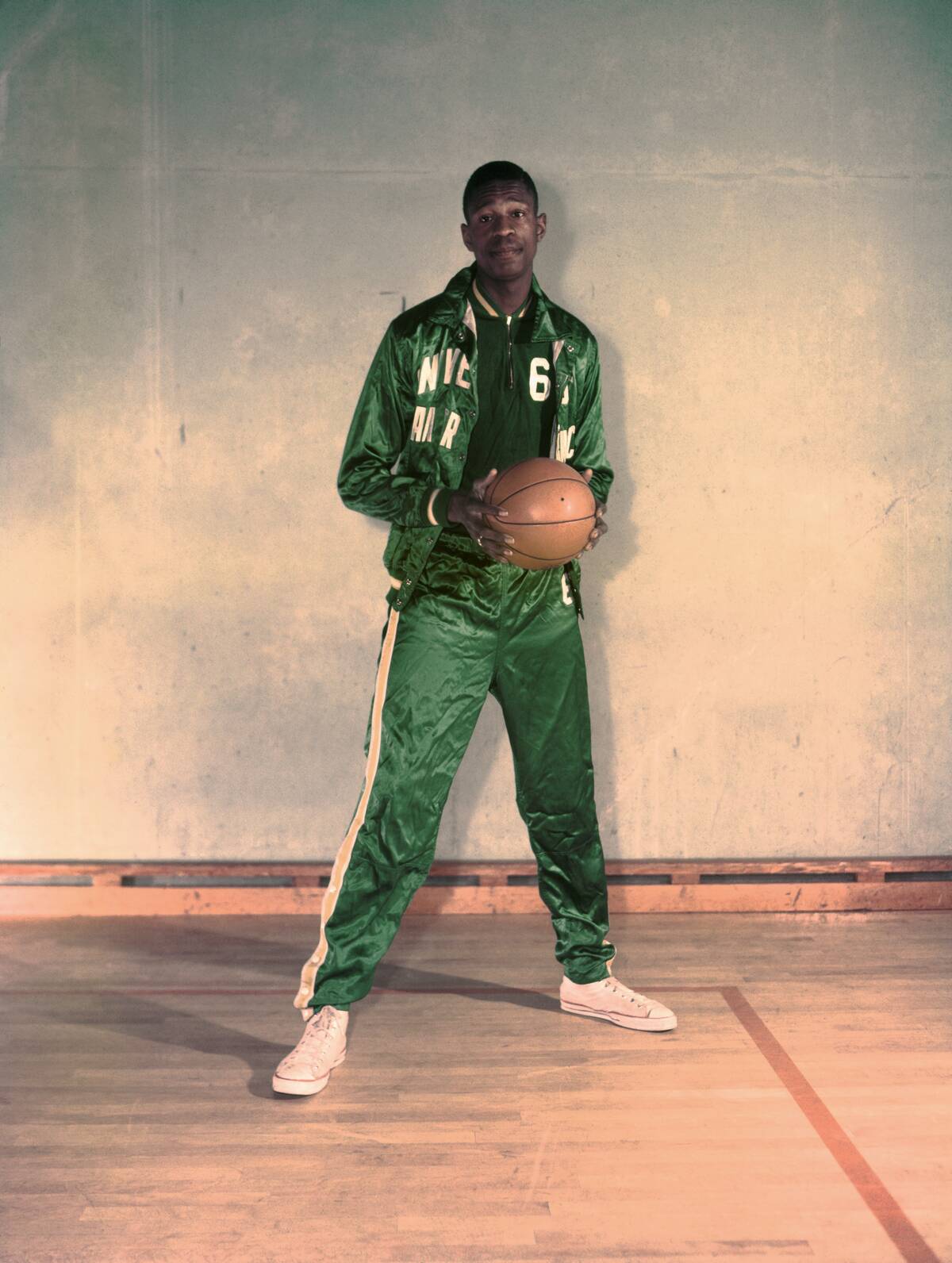
Bill Russell, known for his defensive prowess, became a cornerstone of the Boston Celtics’ dominance in the 1950s. His shot-blocking and rebounding abilities were unmatched, leading the Celtics to numerous championships.
Russell’s leadership and team-first mentality transformed the game, highlighting the importance of defense. His influence extended beyond the court, as he became a prominent advocate for civil rights and social justice.
Bob Cousy: The Magician of the Dribble
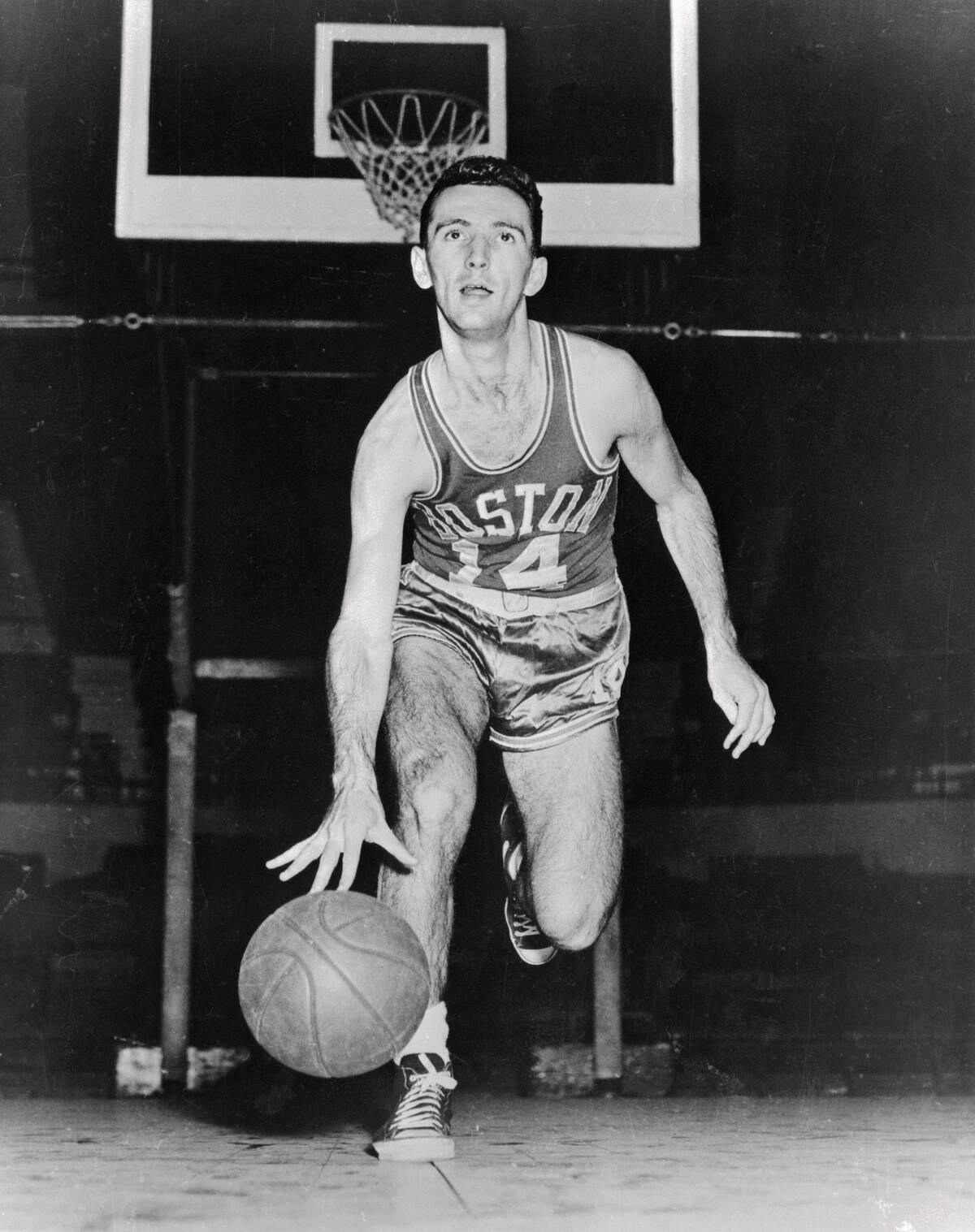
Bob Cousy, often called “The Houdini of the Hardwood,” dazzled fans with his incredible ball-handling skills and playmaking ability. As a point guard for the Boston Celtics, Cousy’s flashy dribbling and no-look passes revolutionized the game.
He led the league in assists for eight consecutive seasons and helped the Celtics secure six NBA championships, cementing his legacy as one of the greatest guards in basketball history.
Football’s Formidable Forces: Icons of the Gridiron
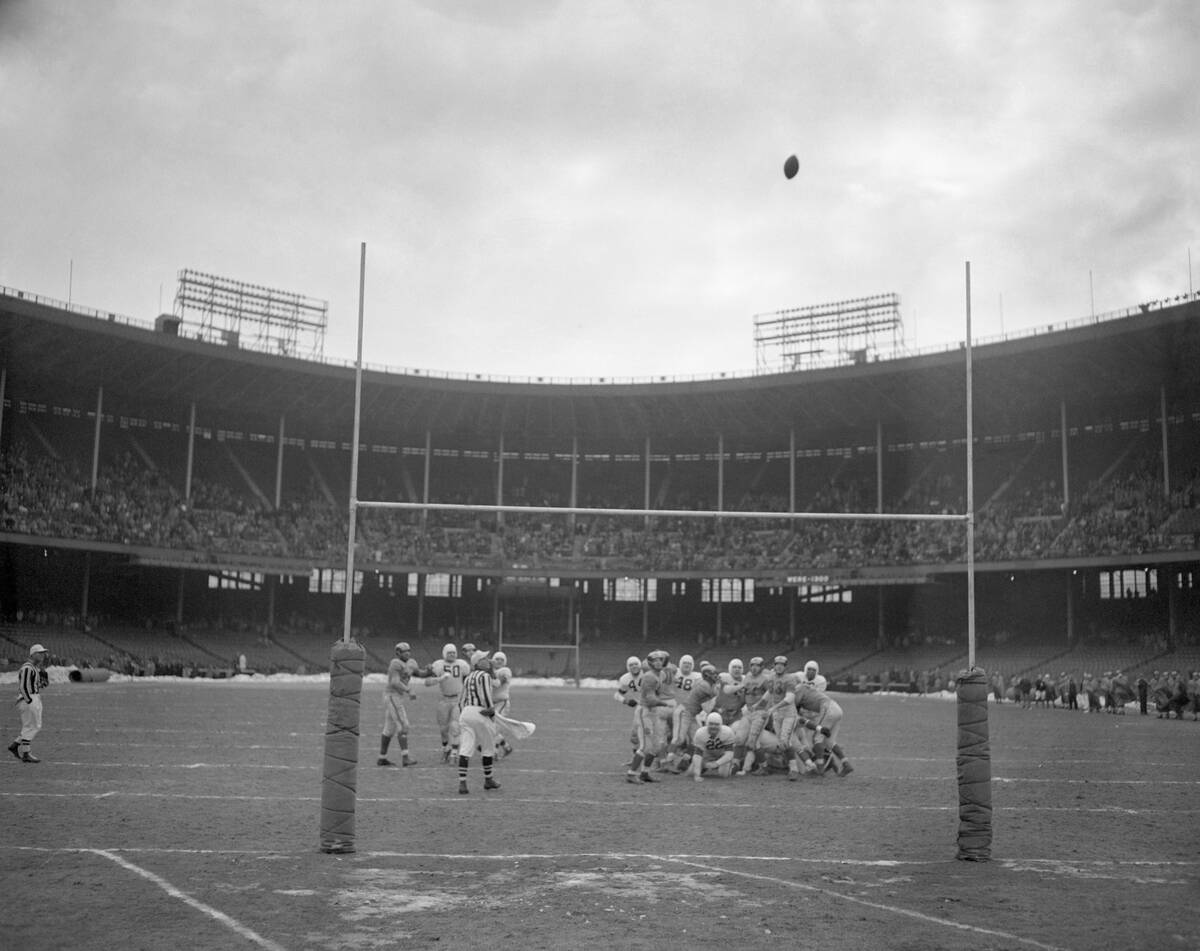
The 1950s saw the emergence of football as America’s favorite sport, with players who became legends of the gridiron. This era featured intense rivalries and unforgettable games, as teams like the Cleveland Browns and the New York Giants dominated the field.
These athletes not only entertained but also set new standards for toughness and skill, laying the groundwork for the future of professional football.
Johnny Unitas: The Prototype Quarterback
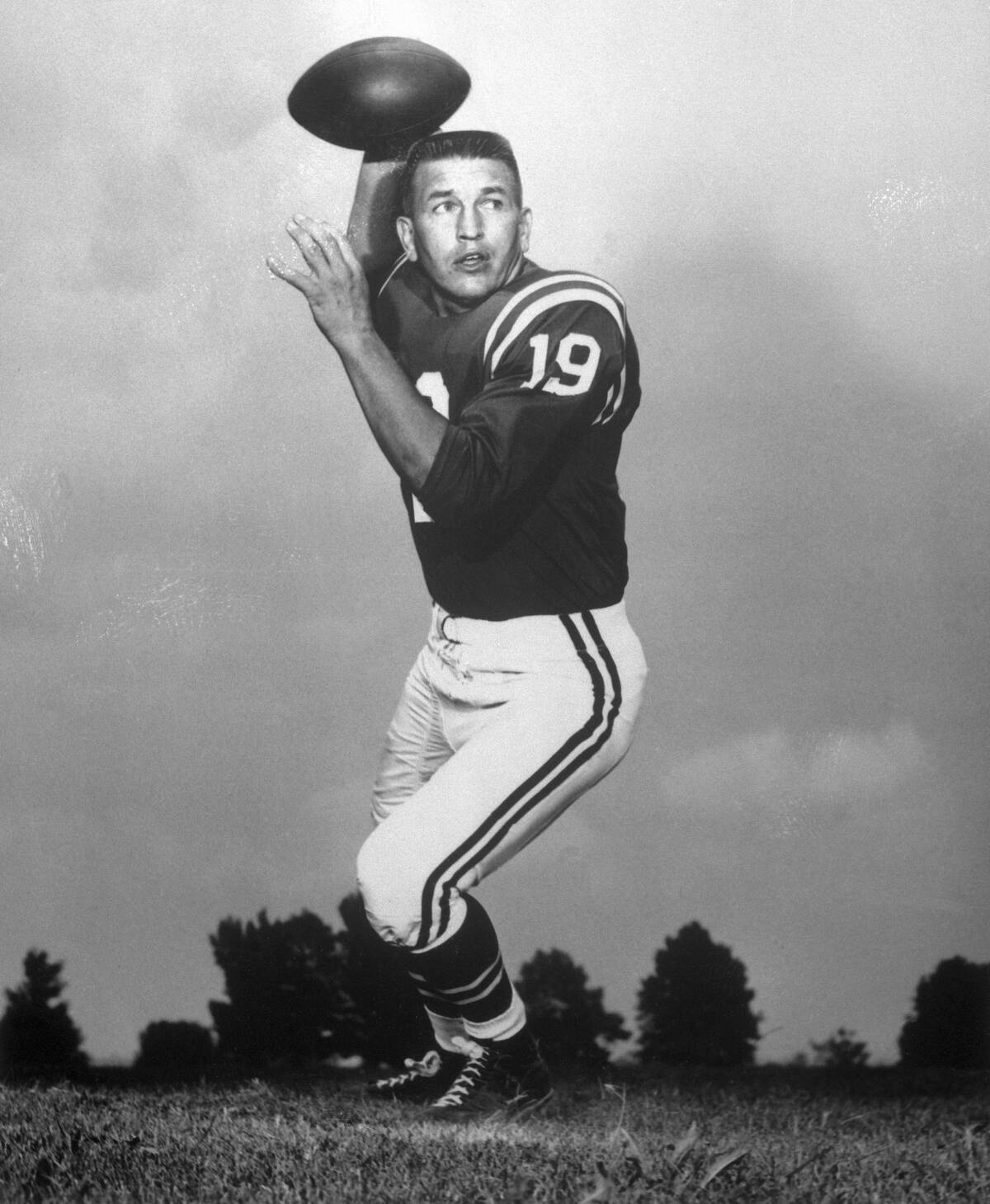
Johnny Unitas, with his trademark crew-cut and calm demeanor, redefined the quarterback position in the 1950s. Known for his strong arm and strategic mind, Unitas led the Baltimore Colts to multiple championships.
His ability to orchestrate game-winning drives earned him the nickname “The Golden Arm.” His influence on the game is still felt today, as he set the standard for modern quarterbacks with his innovative play.
Jim Brown: Redefining Power and Speed
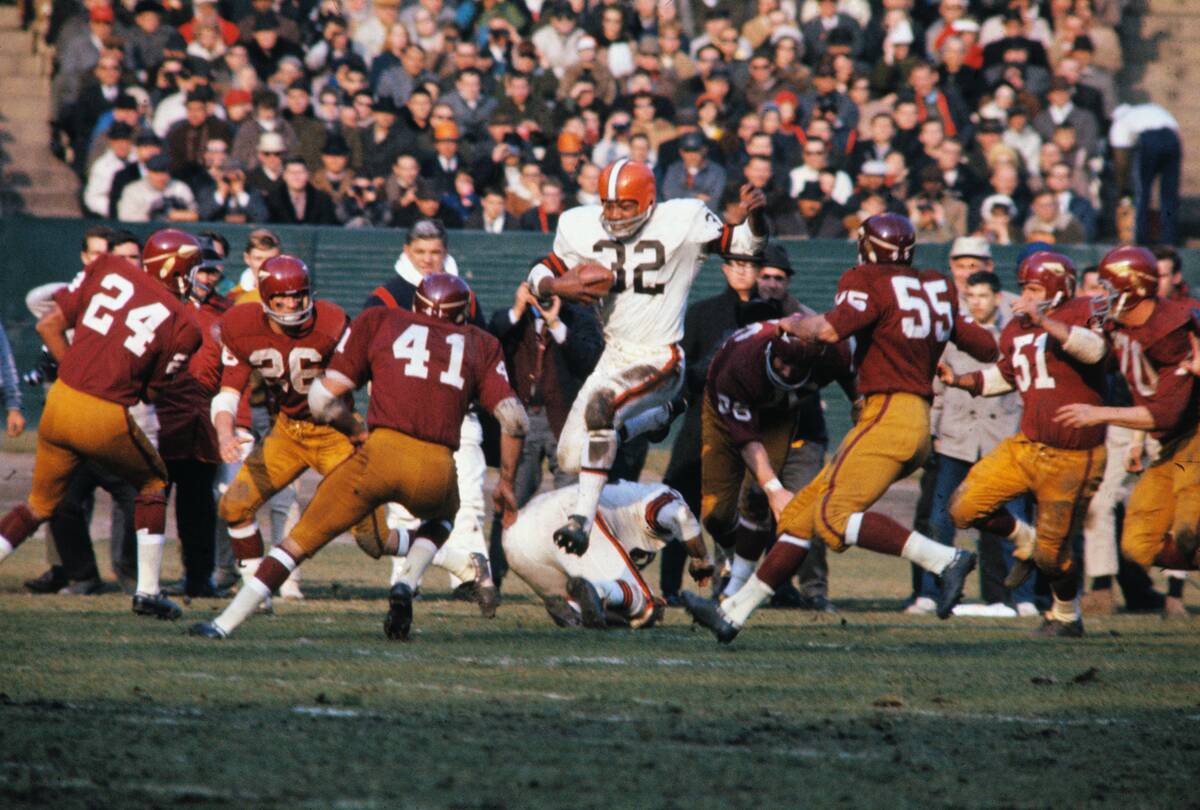
Jim Brown was a force to be reckoned with on the football field, combining power and speed like no other. As a running back for the Cleveland Browns, Brown led the NFL in rushing yards eight times in his nine-season career.
His remarkable athleticism and physical style of play revolutionized the running back position. Brown’s legacy as one of the greatest football players of all time remains unchallenged.
Boxing’s Unstoppable Champions: Heavyweights of History
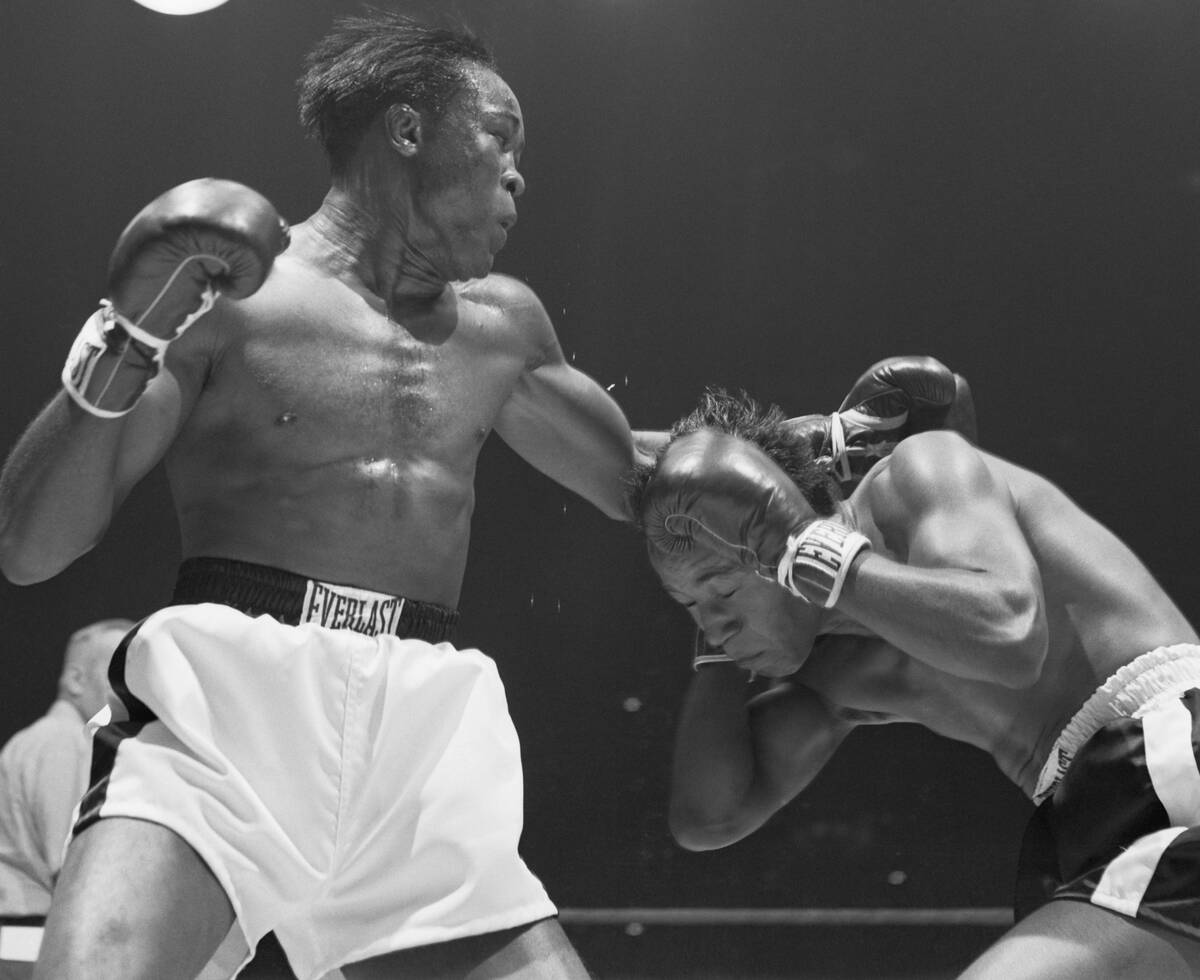
The 1950s were a golden age for boxing, with heavyweights who became legends of the sport. This era saw thrilling bouts and fierce rivalries, captivating audiences around the world.
Fighters like Rocky Marciano and Sugar Ray Robinson dominated the ring, showcasing unparalleled skill and determination. These champions not only entertained but also inspired a new generation of boxers to pursue greatness.
Rocky Marciano: The Undefeated Legend
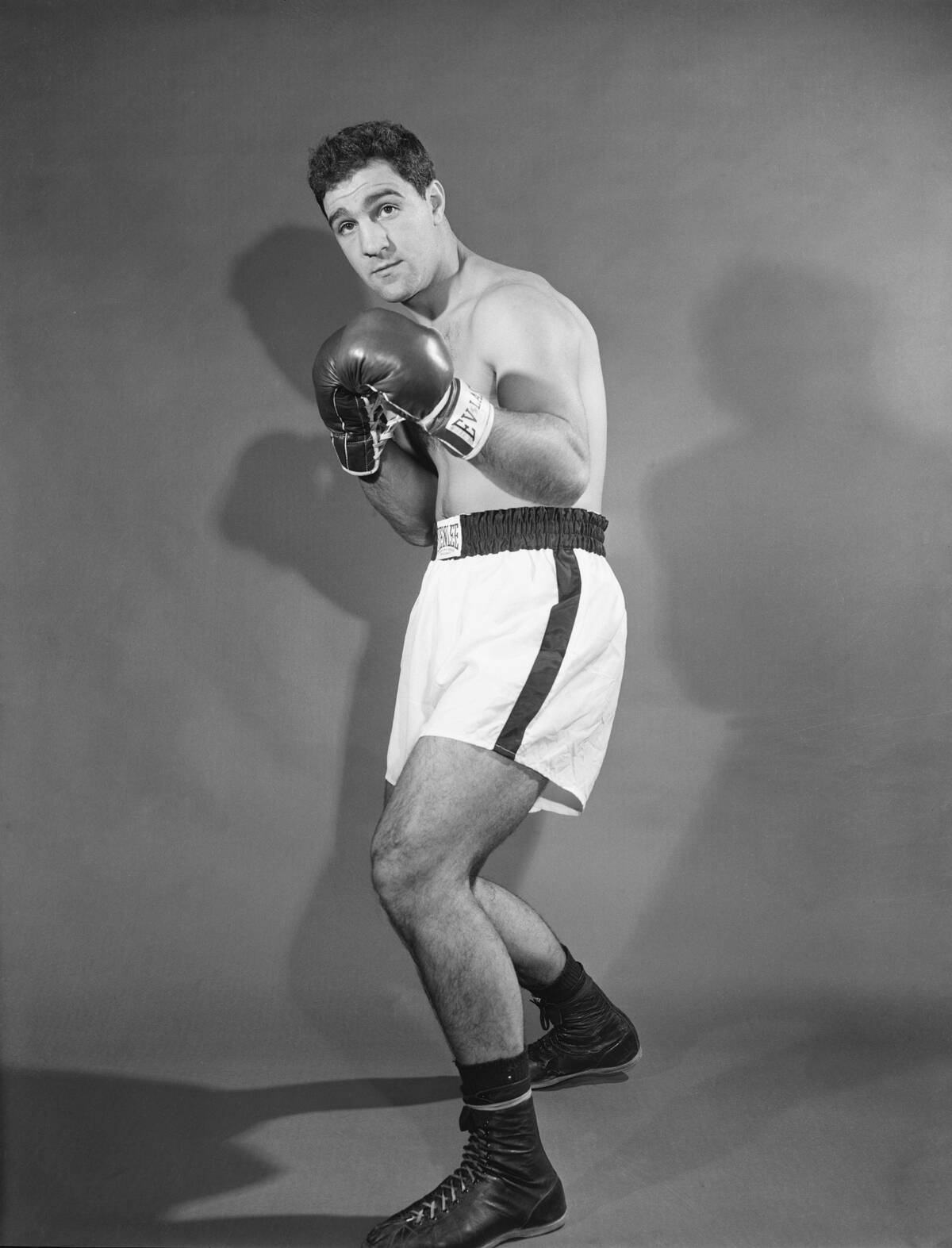
Rocky Marciano remains the only heavyweight champion to retire undefeated, with a record of 49-0. Known for his relentless fighting style and powerful punches, Marciano captivated boxing fans throughout the 1950s.
His ability to endure punishment and deliver devastating knockouts made him a formidable opponent in the ring. Marciano’s legacy as an undefeated champion continues to inspire fighters and fans alike.
Sugar Ray Robinson: Pound-for-Pound Perfection
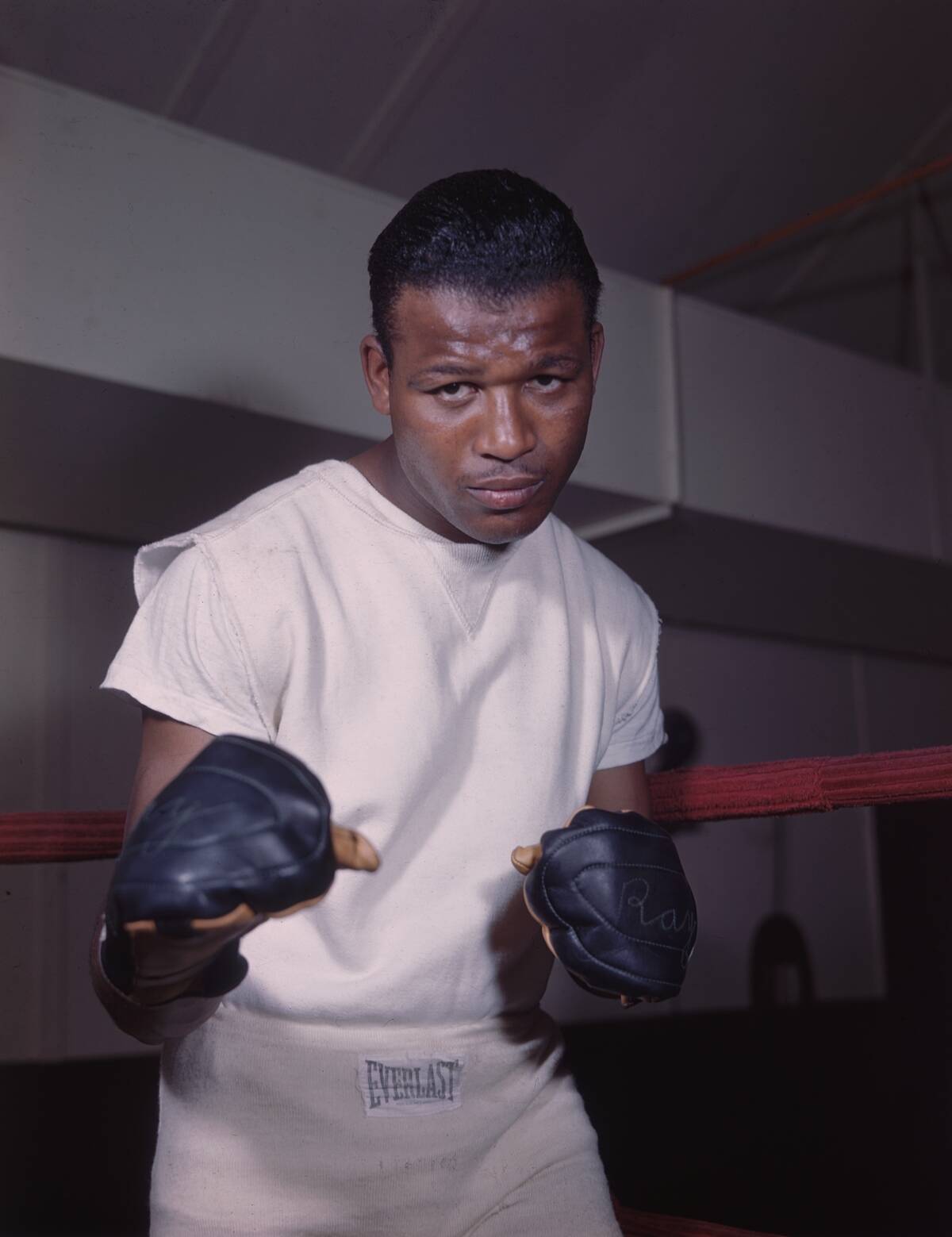
Sugar Ray Robinson is widely regarded as one of the greatest boxers of all time, known for his unmatched skill and charisma. Competing primarily in the welterweight and middleweight divisions, Robinson’s speed and precision in the ring were unparalleled.
His career record of 173 wins, 19 losses, and 6 draws speaks volumes about his dominance. Robinson’s influence on the sport is profound, as he set the standard for future generations of fighters.
The Olympics: A Stage for Global Icons
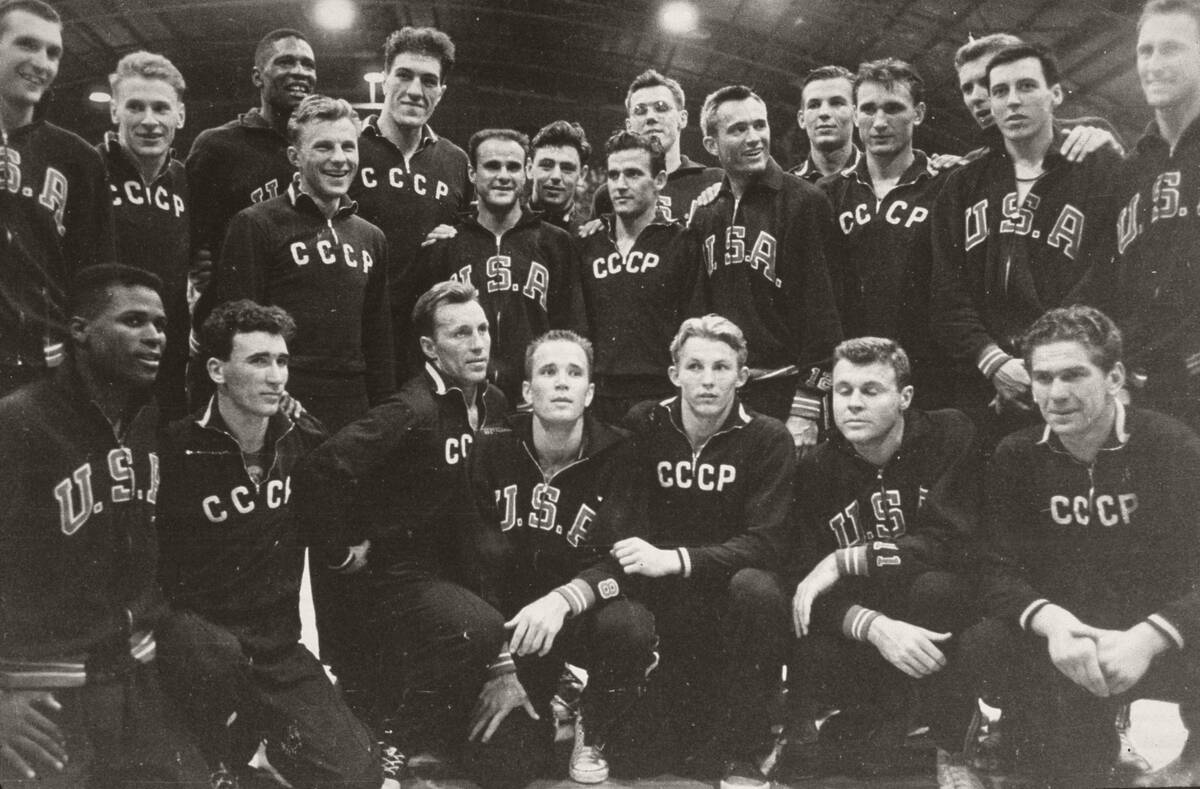
The Olympics during the 1950s brought athletes from around the world into the spotlight, showcasing incredible feats of athleticism and sportsmanship. These games were more than just a competition; they were a celebration of global unity and excellence.
Athletes like Emil Zátopek and Althea Gibson emerged as global icons, their performances transcending the boundaries of sport and inspiring millions worldwide.
Emil Zátopek: The Czech Locomotive Dominates Distance Running
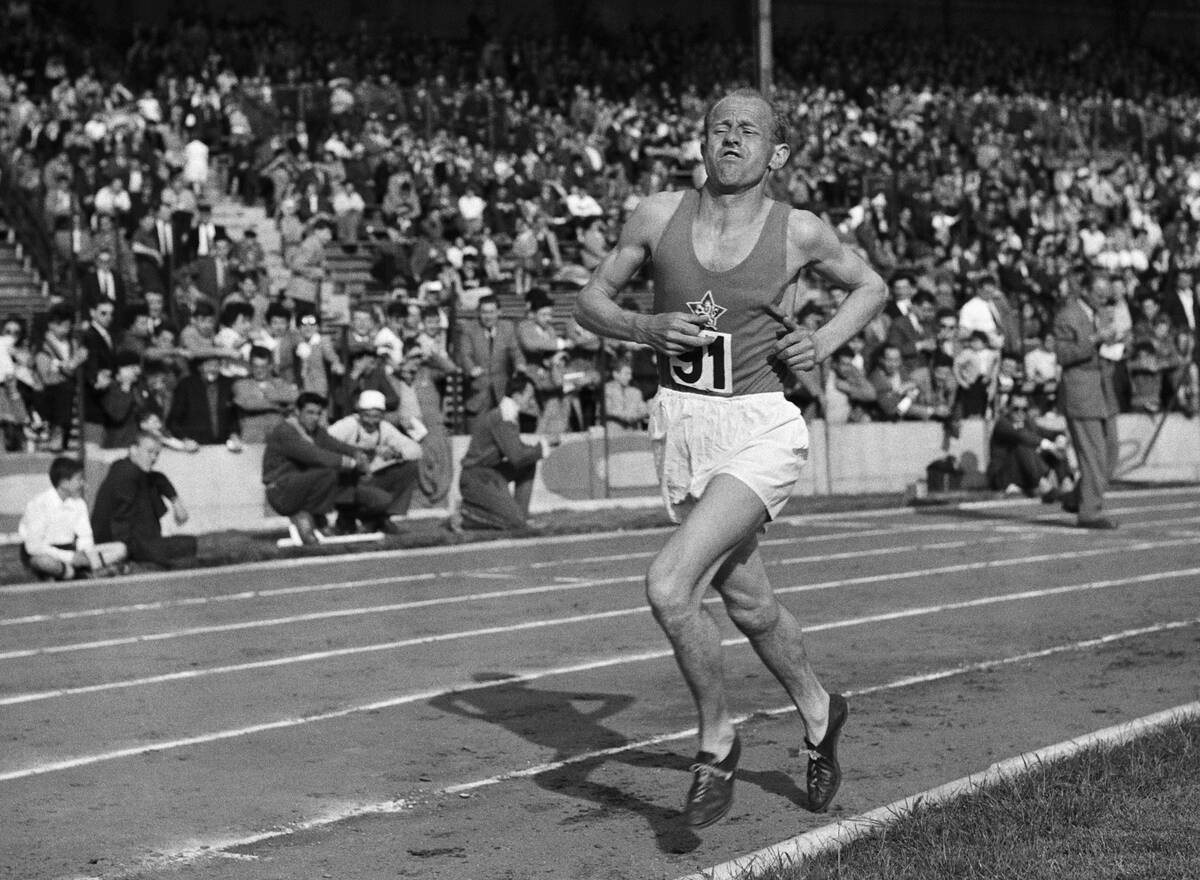
Emil Zátopek, known as the “Czech Locomotive,” made history at the 1952 Helsinki Olympics by winning gold in the 5,000 meters, 10,000 meters, and the marathon. His remarkable endurance and unorthodox training methods set him apart from his competitors.
Zátopek’s triple victory remains one of the most extraordinary achievements in Olympic history, inspiring generations of distance runners to push the limits of human capability.
Althea Gibson: Breaking Ground in Tennis
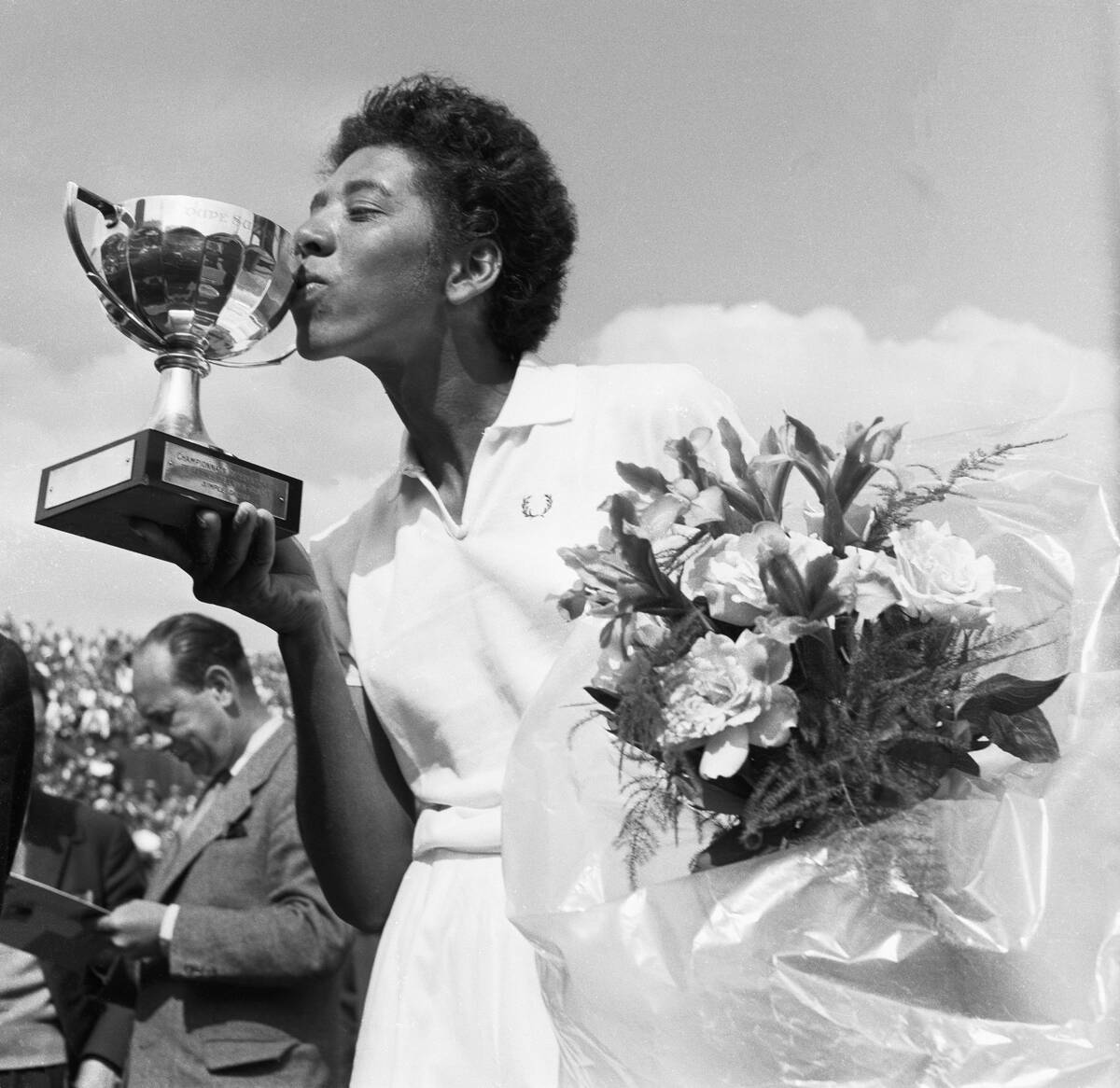
Althea Gibson made history as the first African American to win a Grand Slam title, breaking racial barriers in tennis during the 1950s. Her victories at the French Open in 1956 and Wimbledon and the U.S. Open in 1957 and 1958 opened doors for future generations of athletes.
Gibson’s grace and skill on the court, combined with her perseverance in the face of adversity, made her a trailblazer for diversity in sports.




